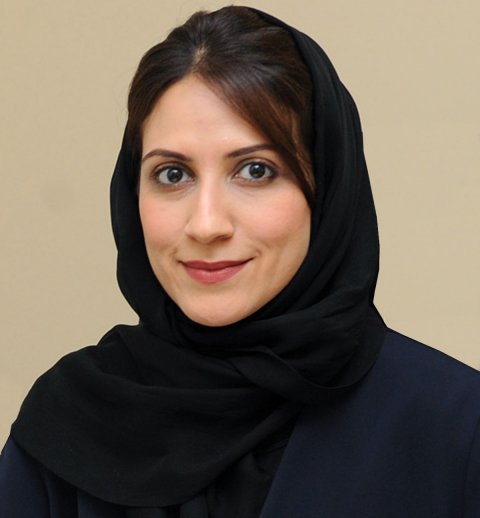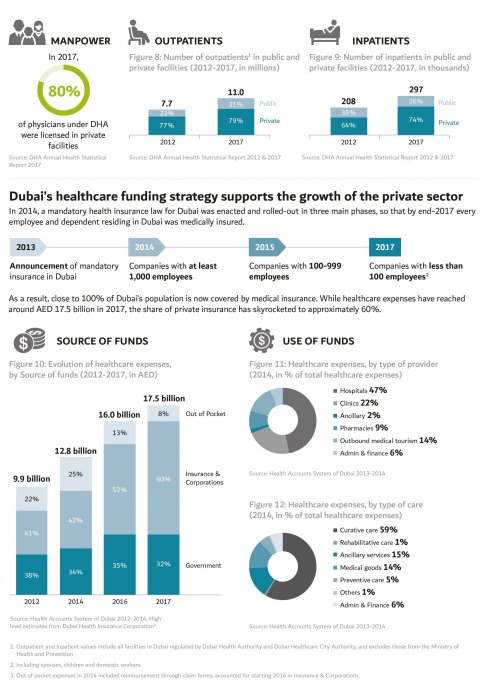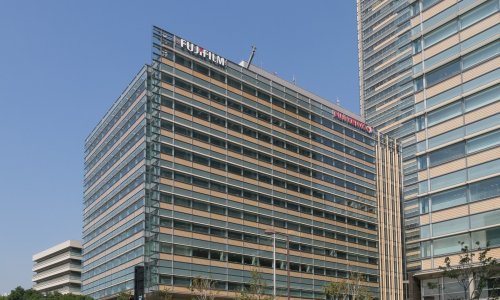Interview • Aiming to drive health investments
Dubai’s notable healthcare
Formed in 2007 – under the directives of Sheikh Mohammed bin Rashid Al Maktoum, the Vice President, Prime Minister, and Ruler of Dubai, UAE – the Dubai Health Authority (DHA) oversees the healthcare system. Driven by the private sector, the country’s healthcare growth is a notable success story. We asked Dr Ibtesam Al Bastaki, Director, Investments & PPP’s at DHA about the vision for future healthcare.
Interview: Daniela Zimmermann

Dr Ibtesam Al Bastaki: 'Dubai’s healthcare landscape has developed significantly over the past decade and will grow even more specialised in the future. We have the factors that fuel the growth of demand and utilisation of health services and, with the support we offer investors, we have a healthy future. In this, the Government can work closely with the private sector to develop and support a robust and sustainable health system that delivers a good patient experience and high quality outcomes, while supported by clinical innovations and evolution of technological evolution that will re-shape future healthcare systems.
The drive is to establish advanced medical capabilities and modern infrastructure and facilities in the city, to make Dubai an attractive destination for private sector investment, which also supports the city’s ambition to grow in profile as the leading medical tourism destination in the Middle East.'
What challenges does Dubai face to provide the best national healthcare?
'Demand for quality health services is increasing due to Dubai’s rapid urban development, population growth and the influx of medical tourists, which is a big opportunity for private sector providers and investors in the health sector.
Many of world’s largest hospitals and specialised centres have invested in Dubai’s healthcare sector after realising the city’s unique investment climate. We are seeing a growing need for primary care services for some population segments and communities, and thus we need to look at innovative models in primary care, such as walk-in clinics for urgent care and ambulatory care centres; there’s a lot of interest and new investment in these models. We also need to embrace and support the role of telehealth to enhance and integrate with primary care services, which will help curb over-utilisation and support efficiency.'
Considering Dubai’s pace to gain a high-level healthcare infrastructure, what could draw European investors into a long-term engagement?

'We believe lessons can be learned from successes and challenges within health system transformation in countries in the East and West. We believe no health system is perfect – each has its unique strengths; there are elements that work really well and come together nicely, and other areas where a health system faces challenges. We believe we can learn a lot from health systems that have ensured sustainable private sector investment in healthcare, and those that are implementing value-based healthcare models along with a transformation in the reimbursement of care through outcome-based and capitation-based models, that help to ensure improved quality and clinical outcomes, and help curtail and limit the growth in healthcare spending. This is a critical challenge because the population ages and the number of chronic diseases continue to grow.
We believe investors and private sector providers need to understand the dynamics of the Dubai Health System from the regulatory framework and licensing processes, the demographic profile and income segments, epidemiology and disease profiles, health investment needs and gaps in the reimbursement framework and insurance market, which is different from the health system they know.'
What can be learned from European healthcare and what can Europe learn from Dubai?

'Clearly, lessons can be learned on developing an efficient and adaptable infrastructure. There’s a lot of innovation, and technology is changing how healthcare is delivered to patients. It is patient centric and value-based; effective measures are taken to appropriate health investments and to achieve better clinical outcomes and efficiency, and avoid over-utilisation of services, which is unsustainable and pressures the Government, businesses and the individuals who pay for these services.
There are great examples of integrated models of care, development of centres of excellence and in using technologies to better monitor those with chronic conditions and provide remote patient management, which will all be studied as we develop our health system.
Other countries can also learn from our piloting of many innovations and technologies through the Dubai Future Accelerator program. We are open and welcome international investors and providers. Dubai is ranked among leading destinations with an ease to set up and operate a business, and we have perhaps the greatest diversity in the workplace compared to several other countries, because people from all over the world have made Dubai their home.'
What is the rationale behind the investment guide?
'The overarching aim of the Dubai Health Investment Guide is to provide investors with real-time, reliable and robust information on demand for health services, supply and capacity gaps, and to enable investments in strategic opportunities and specialised health services. This benefits Dubai’s economy and the health sector because it helps to optimise and balance the supply of health services, informing investors clearly about areas of overcapacity, and quantifying the gaps where investment is needed. The investment guide is broken up into different segments:
- It details the drivers underpinning the growth of healthcare demand in the Emirate of Dubai, which includes the growing population, strong and diversified economy, stable and attractive investment climate, rising burden of disease and prevalence of chronic diseases, rise in health tourism among others
- The guide provides an overview of health regulations and the health insurance system which includes upcoming changes and initiatives relevant to investors
- The investment journey for different types of facilities is mapped
- Investment needs and priorities are highlighted for outpatient care units, acute inpatient beds and specialised services, including long-term care and critical care beds for 2020, 2025 and 2030, based on the Dubai Clinical Services Capacity Plan 2018-2030
- Details are given of ‘free zones’, focused on supporting healthcare and life sciences'
What opportunities in the healthcare ecosystem does the Dubai Health Investment Guide identify?
In the short term, 3-4 years are needed for the continuum of care – to develop and enhance services for chronic disease management, developing Centres of Excellence for cardiology, oncology, diabetes and other specialties, to enhance and improve access to long-term care, physical rehabilitation and home-based care, particularly to support the needs of the elderly and others with special needs in our Emirate, and to enhance and improve access to mental health services. Long term, we want to focus much more on population health management, value-based care supported by better clinical outcomes and efficiency for the health system, improvements and adoption of genetic medicine and precision medicine, and beyond-the-pill-initiatives. We are very focused on supporting the emergence of urgent care clinics, ambulatory care, specialised centres for different diseases and specialties and the use of telehealth in primary care and remote patient monitoring.
| DHA’s investment focus for the next 2 to 3 years: |
|---|
|
| DHA’s investment focus for the next 3 to 5 years: |
|
18.07.2019





